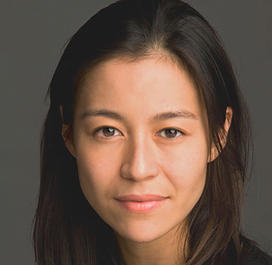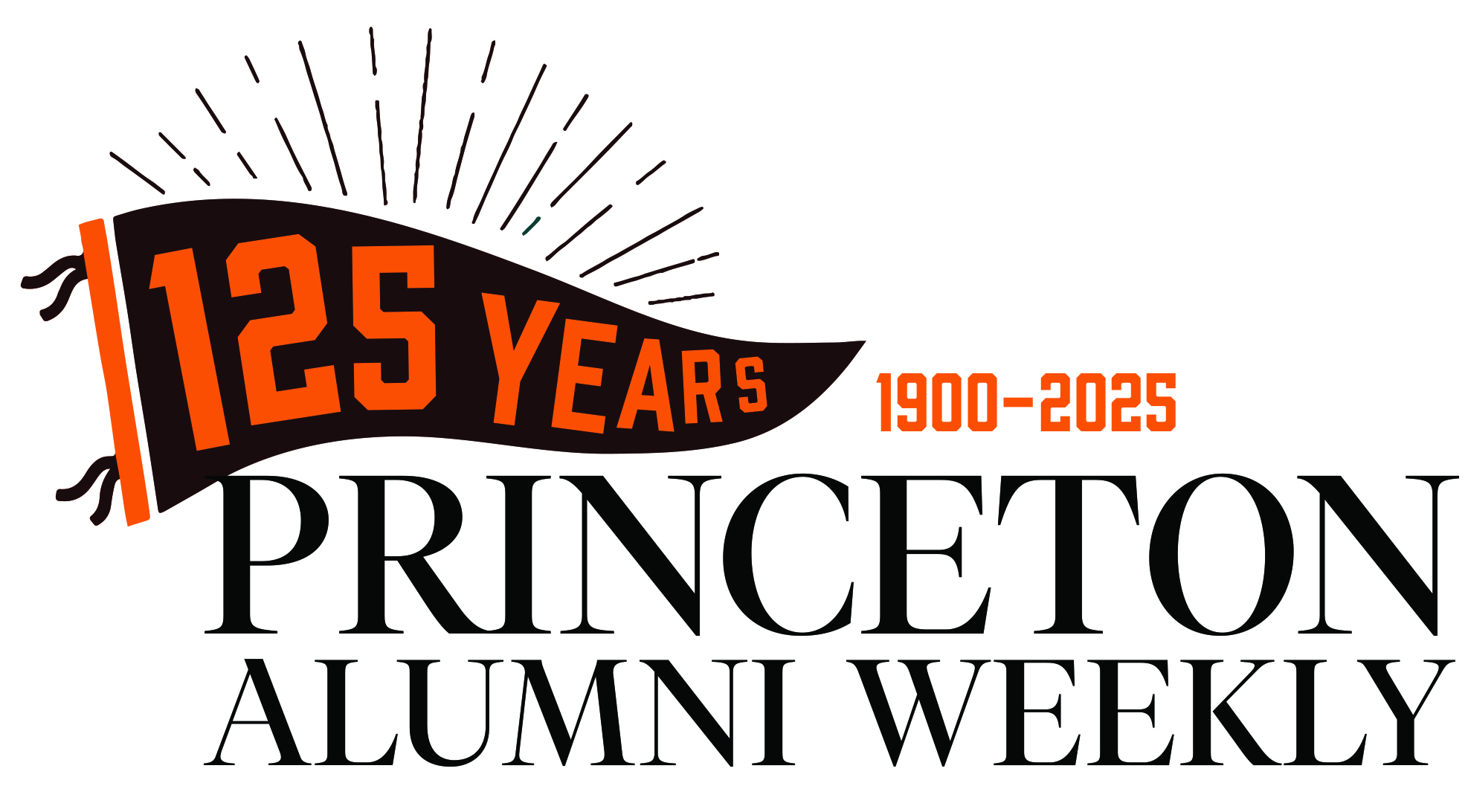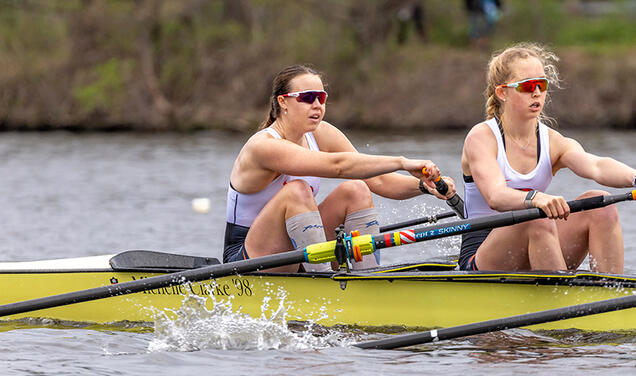

The new documentary film Meru follows three elite mountain climbers on their quest to conquer the 21,000-foot summit of Mount Meru, the most technically difficult peak in the Himalayas. The movie — which captures the extraordinary risks of a death-defying expedition into sub-zero temperatures — was co-directed and co-produced by Elizabeth Chai Vasarhelyi ’00.
“I’m not a climber, so I was always more interested in the human relationships in the film,” says Vasarhelyi, whose husband, Jimmy Chin, is a professional alpinist who co-directed the documentary and is one of the climbers depicted. The film won a Sundance Audience Award and is distributed by Music Box Films, which is owned by William Schopf ’70.
Two of Vasarhelyi’s earlier films explore how the West views Islam. Touba, which documents the annual pilgrimage of Sufi Muslims in West Africa, won South By Southwest’s Special Jury Prize for Cinematography. Her second film released this year, Incorruptible, covers the violent 2011 presidential elections in Senegal.
All of her projects have been dangerous to film, but “I was willing to take certain risks as a journalist,” she says. “If you believe in the subject matter, if you think it’s worthwhile, if you think you have a way to bring this story to light, it’s worth it.”
A comparative literature major at Princeton, Vasarhelyi did an internship at ABC News, after which she decided to go to study the conflict in Kosovo. “It was naïve,” she says. “It was a very idealistic premise: to figure out what was going on for ourselves.” The result was her first film, A Normal Life, co-directed by Hugo Berkeley ’99, which premiered at the 2003 Tribeca Film Festival and won Best Documentary.











0 Responses